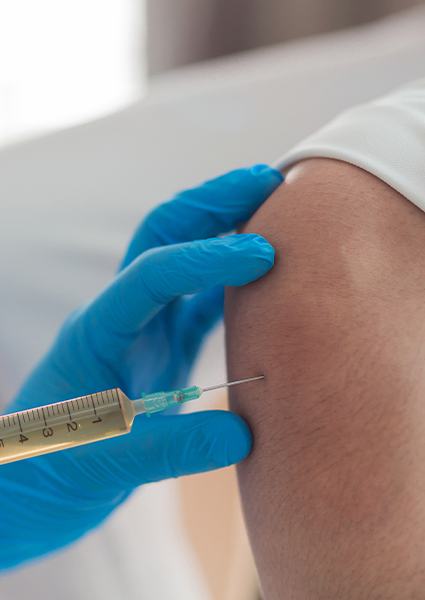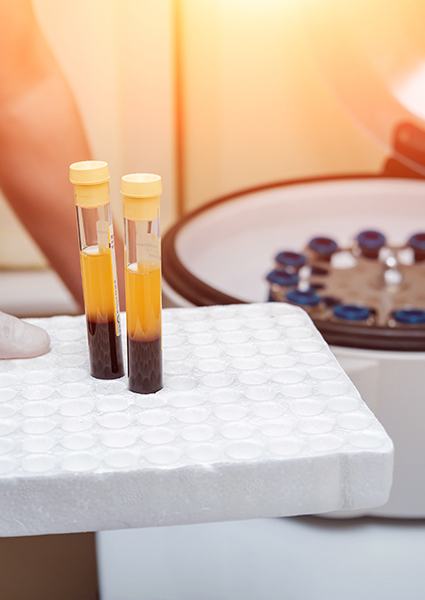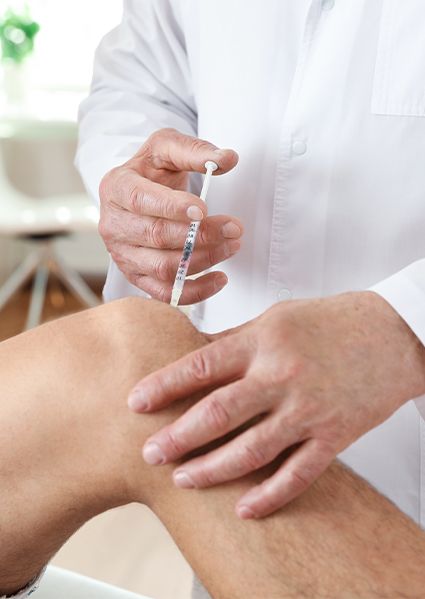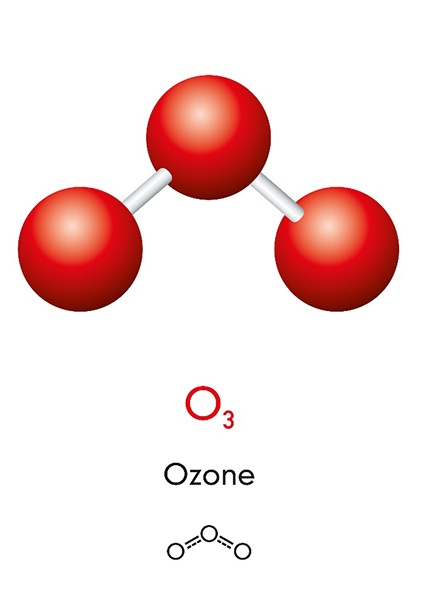Regenerative Medicine – Fort Lauderdale, FL
Live Your Life
Free of Pain
The office of Dr. Joel D. Stein is completely equipped with the latest technology to deliver top-quality regenerative medicine in Fort Lauderdale, FL, including PRP therapy, prolotherapy/prolozone, and Whartons Jellytic growth factor injections to get you back on the healthy road to a pain-free life. Our friendly and knowledgeable staff is fully committed to your individual care needs and is eager to work with you to find a lasting solution.
Why Choose the Institute for Non-Surgical Orthopedics
for Regenerative / Orthobiologic Medicine?
- World-Class Diagnostic Ultrasound
- Ultrasound or Fluoroscopic guided injection to the area of concern
- Holistic Treatments Proven to Speed Up Healing
Prolotherapy

Prolotherapy is an injectable treatment that can be used to relieve pain in any joint, and it actually “tricks” the body into focusing its natural healing ability on the affected area. It involves injecting a mixture of lidocaine and dextrose (sugar). Lidocaine numbs the area, and the dextrose irritates the surrounding tissues without actually harming them. This triggers an inflammatory response that kickstarts the healing process.
Prolozone

Prolozone (tm)therapy is a form of non-surgical ligament, tendon and joint reconstruction pioneered by Dr. Frank Shallenberger. Prolozone(tm) therapy is derived from the Latin word “proli” which means to proliferate, regenerate and rebuild. Unlike steroid injections which have many side effects and do not initiate any healing response in tissues Prolozone (tm) promotes healing of damaged tendons , ligaments and joints. This treatment uses ozone to stimulate growth factors, improve oxygen utilization, increase blood supply and the flow of healing nutrients to area of pain. More importantly it stimulates the deposition activity of fibroblasts and chondroblasts. These cells synthesize the collagen and cartilage that the body uses to repair damaged tendons ligaments and joints. This increase in cellular repair activity strengthens the injured tissues thereby stabilizing the area and resolving cause of pain. Our doctors at INSO utilize this innovative treatment to help decrease pain and heal injuries. These procedures are all performed under ultrasound guidance for accuracy and to avoid neurovascular structures.
Learn More About Prolozone Therapy
Autografts – Platelet Rich Plasma (PRP)

An autograft is a type of treatment that uses tissues taken from a patient’s own body. In the case of PRP, we take a sample of blood and place it in a centrifuge. This separates the different components of the blood, and we harvest the frothy platelet layer of plasma (PRP), which in addition to containing platelets, also has an extremely high concentration of proteins and growth factors that can speed up healing. It can be injected into various areas of the body, where it will stimulate the healing process, reduce pain, and shorten someone’s overall recovery time.
Learn MoreAllograft – Whartons Jellytic Growth Factors

An allograft uses donated tissue harvested from one person’s body to treat another. To utilize Whartons Jellytic growth factors, cells derived from Whartons Jellytic fluid are injected into an injured area of the body. These cells enable the body to zero-in its restorative capabilities where they have been applied. This can lead to the creation of new, healthy cells in the area, leading to complete tissue repair, which results in lasting pain relief and fully restored function.
Learn MoreOzone Therapy

Ozone is a gas whose molecules each contain three oxygen atoms. When ozone is applied to human tissues, its atoms break apart and instigate a healing response in the human body. Ozone therapy has been shown to be effective at reducing inflammation, relieving pain from autoimmune disorders, encouraging healing after injury, and killing harmful pathogens. This treatment is an extremely low-risk, non-invasive way to support your musculoskeletal wellness and get you on the road to feeling and functioning your best.
Learn More About Ozone Therapy
Regenerative Medicine FAQs

Here at the Institute for Non-Surgical Orthopedics of Fort Lauderdale, we want our patients to enjoy the best health possible. To that end, we strive to provide evidence-based treatments that have a reputation for being both safe and effective. Many of those treatments fall into the category of regenerative medicine. Do you have questions about this unique approach to patient care? Discover some useful answers in the following list of regenerative medicine FAQs. If you would like further explanation on anything you discover, reach out to our team directly.
What Is Regenerative Medicine?
Regenerative medicine is the science of replacing, engineering, or regenerating human cells in order to improve a patient’s overall well-being. It encompasses a number of different treatments, including all of those discussed on this page. It also has uses far beyond the realm of orthopedics.
One of the most remarkable aspects of regenerative medicine is that it focuses on healing damaged tissues, not simply on managing symptoms. Therefore, it is often able to provide long-term pain relief.
What Is the Difference Between Regenerative Medicine and Exosome Therapy?
Regenerative medicine is an umbrella term that encompasses numerous types of treatments, including exosome therapy.
Exosome therapy is more specific. It uses unique cells, which may be harvested from a patient’s own body or other sources, to serve as messengers within the human body. They can encourage healing and provide other benefits.
In our practice, we do not offer exosome therapy as it is commonly known. However, some of our treatments, such as Whartons Jellytic growth factors, do involve the use of exosomes.
Is Regenerative Medicine Safe?
Patient safety is a huge priority for us, so we always go the extra mile to make sure that we follow established guidelines when administering treatments. We also carefully screen patients to make sure they are suitable candidates for whatever service they are interested in. Therefore, the risk that something will go wrong is quite low.
Of course, medicine is an ever-evolving field, and there is no such thing as a totally risk-free treatment. If you have specific questions about possible negative reactions to any given therapy, feel free to ask us.
What Conditions Can Regenerative Medicine Treat?
Regenerative medicine can be used to treat a wide range of conditions. In our practice, we focus on its orthopedic applications. For example, we can use it to addresses various aches and pains that are due to accidents or overuse, including partially torn ligaments, carpal tunnel syndrome, golfer’s elbow, and more. We can also help patients to find relief from osteoarthritis, degenerated spinal discs, and sciatica.









